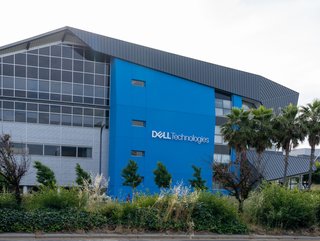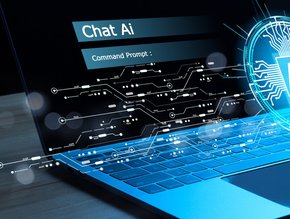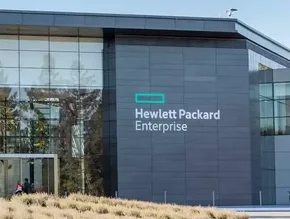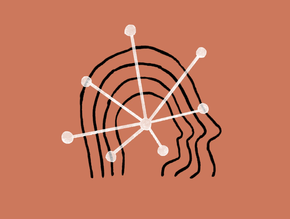How Dell Sees Gen AI as a Strategic Defensive Asset

A report conducted by Dell Technologies examines the power and potential of Gen AI tools as both a help and a hindrance to businesses.
The company’s Global Data Protection Index is a survey of 1,000 decision-makers and 500 IT security decision-makers. It highlights that over half (54%) of organisations globally have suffered a cyberattack or incident that prevented access to data last year.
Similar surveys in 2023 have highlighted how the cybercrime landscape is shifting, with higher levels of sophistication and attack volume. Significantly, however, artificial intelligence (AI) is fast-becoming a tool used by threat actors to extort valuable data from businesses.
AI’s impact on cybersecurity
Dell paid attention to its stance on AI and cybersecurity at the end of last year (2023), having noted that 2024 will be pivotal for deepening the relationship between AI and cybersecurity in a business setting.
The company’s UK CTO Arash Ghazanfari told AI Magazine in November: “AI has the potential to bolster the cybersecurity landscape and help better protect organisations in the face of threats. However, it can also be a double-edged sword.
“Our strategy involves staying ahead of the curve by leveraging the power of AI and ML to safeguard digital infrastructures and maintain trust in the digital realm.”
The company’s survey respondents highlight that IT disruption is becoming increasingly commonplace worldwide. As AI applications and tools have become more transformative in key industries, the disruption caused by these new technologies has led to significant business changes and challenges.
In particular, Gen AI is emerging as a strategic tool for bolstering defences for businesses. Of those surveyed, 52% say that integrating Gen AI will provide them with an advantage to their organisation’s cybersecurity posture.
However, owing to the dual nature of Gen AI as both positive and a risk, 88% stated that the adoption of Gen AI would create large volumes of new data that would need to be protected and secure. Likewise, they agreed that Gen AI would also amplify the value of specific data types, all requiring higher measures of security.
Also cited as key issues faced by businesses maintaining data in public multi-cloud environments were data security, cost and complexity. Ensuring cybersecurity across all multi-cloud environments is a clear priority.
Protecting business-critical data
When considering ransomware attacks, responses to the Dell survey alluded to an over-confidence surrounding the consequences of a breach. Nearly three-quarters (74%) of respondents believe that if their organisations experience an attack, they would get all of their data back if they paid the ransom. Furthermore, globally, 66% believe that once they pay the ransom, they will not be attacked again.
Given a reported increase in ransomware attacks at the end of 2023, it is clear that industry leaders and their employees must be aware of the facts and often irreversible risks to business infrastructure in the event of a breach. Whilst it is valuable for Gen AI to be made more accessible, businesses should also be fully informed about the risks.
Dell has also identified that the majority (93%) of those surveyed state that their organisations have ransomware insurance policies, but only 28% of those who experienced an attack said their organisations were fully reimbursed through the policy.
Survey responses also suggest ransomware policies are heavily caveated, with 57% saying their organisation had to prove ‘best practice’ cyber threat prevention. Additionally, 43% said their policy limited claim pay-outs, with 40% saying particular scenarios voided their policy.
Rob Tomlin, UK SVP and MD at Dell Technologies, adds: “Nearly half of UK organisations suffered a cyberattack or incident that prevented access to data last year, and many now recognise the significant new cybersecurity challenges posed by GenAI. It can be a powerful tool to strengthen organisations' cyber posture while simultaneously creating new attack vectors and increasing the risk of cyber-attacks.
“This duality represents significant implications for the channel, with the partners that develop the right skills and resources to assist their customers in responding to these challenges ensuring a substantial competitive advantage.”
******
Make sure you check out the latest edition of AI Magazine and also sign up to our global conference series - Tech & AI LIVE 2024
******
AI Magazine is a BizClik brand






